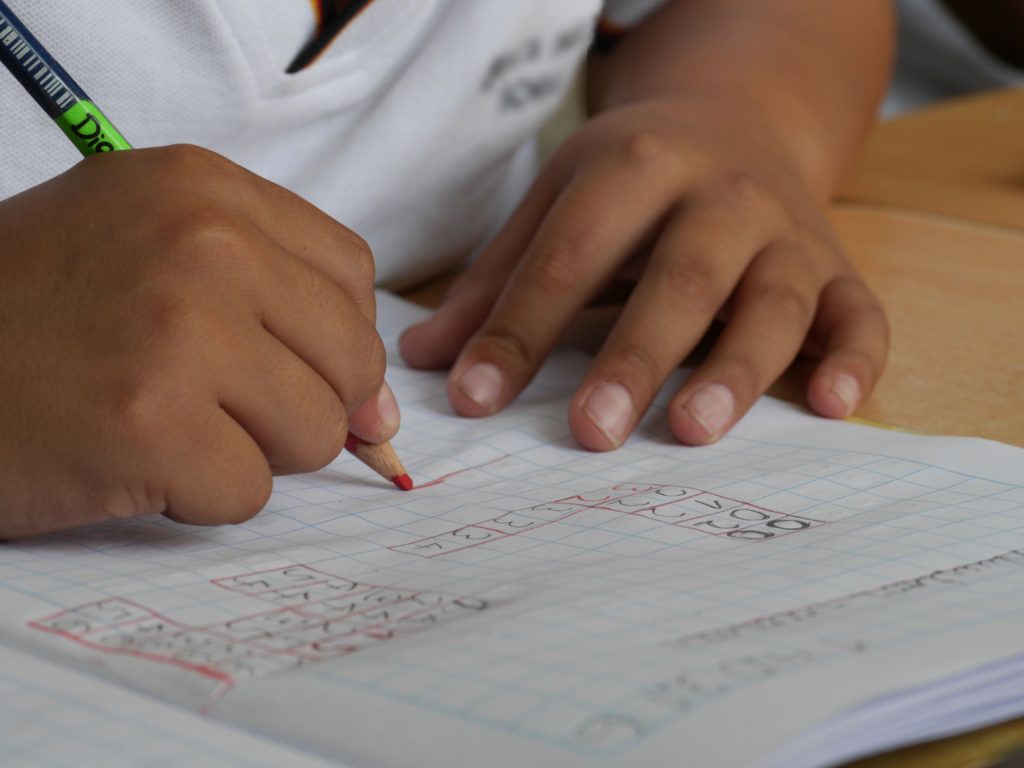As parents we all want our children do well at school and reach their full potential, whatever that looks like for them. It’s not enough to send them off to school and expect everything to all magically click into place though. Parents need to be engaged in this process.
So, how can we support our children? here are a few thoughts.

Reading
Reading to your children is so important. Hopefully you’ve been able to do this together since they were young, meaning their knowledge and understanding of the world will be greater for the time you’ve invested in reading to them. Their vocabulary and imagination will also have benefited.
Don’t stop this when they start school. It can be a lovely way to wind down before bedtime and ensure you have some quality time together every day, no matter how hectic everyone’s schedules. Also, you will be encouraging and supporting your child’s own reading by continuing to read to them.
Help them practice their words and sounds from school. Make them into fun games and support and encourage – it will get easier with practice. Once they progress to reading books, make sure you try to make time for these on a regular basis. If time is tight, take the book with you when you are out and about, you can try to find small windows of time to practice that way, easing the pressure on both of you.

Supporting homework
It’s not our job as parents to do our children’s homework for them. Try telling that to the handful of parents who get competitive every time there’s a competition at school – we should not be doing our children’s homework OR projects for them!
We should be supporting them though. Keeping track of what homework they have, when it is due in, what they need to complete it etc, are all really important. Making sure they have a productive environment in which to carry out their homework is also important.

You can assist, guide and give them the tools to find the correct answers or complete a task, as well as ensuring they have enough relaxation time between school and any other commitments.
Recognising when additional support is needed
Part of being a parent is knowing your child. Understanding when they are struggling and being able to identify why that might be.

Perhaps a particular subject is causing them concern and it’s impacting on school and home life. Can you speak to their teacher perhaps? Maybe they access a group or club in school that can support this need?
Maybe after speaking with school you feel that some outside support would be beneficial, like maths tutoring from Tavistock Tutors. It tends to be things like maths, English and foreign languages that parents look for outside tutors for, although I had a friend when I was at school who had an art tutor, as she was keen to pursue this for a career, and her parents wanted to support her as best they could.
If you are in a position to purchase additional support and you feel it could be beneficial it might be worth considering, particularly before exams begin.
Understanding learning difficulties
If you feel your child is having difficulties with their learning, there are ways to gain further understanding. If they have been diagnosed with a specific condition, you can look for advice and support groups online or in local areas. Examples of this include Dyslexia, Dyspraxia and Attention Deficit Hyperactivity Disorder (ADHD).
It is worth visiting the school to discuss this with them and see what additional support they can offer. For example, if your child has dyslexia, there may be a classroom assistant or mentor who can help them in lessons. They may also be able to access specialist technology that could help them with their learning.
It is also worth noting that, although dyslexia and ADHD are two very different conditions, they can often occur together and be part of a triad of impairments that includes difficulty in understanding language or ‘dys-semantics’. If this applies to your child, you may want to look into further specialist support to ensure that they are given the best possible chance in their education.

